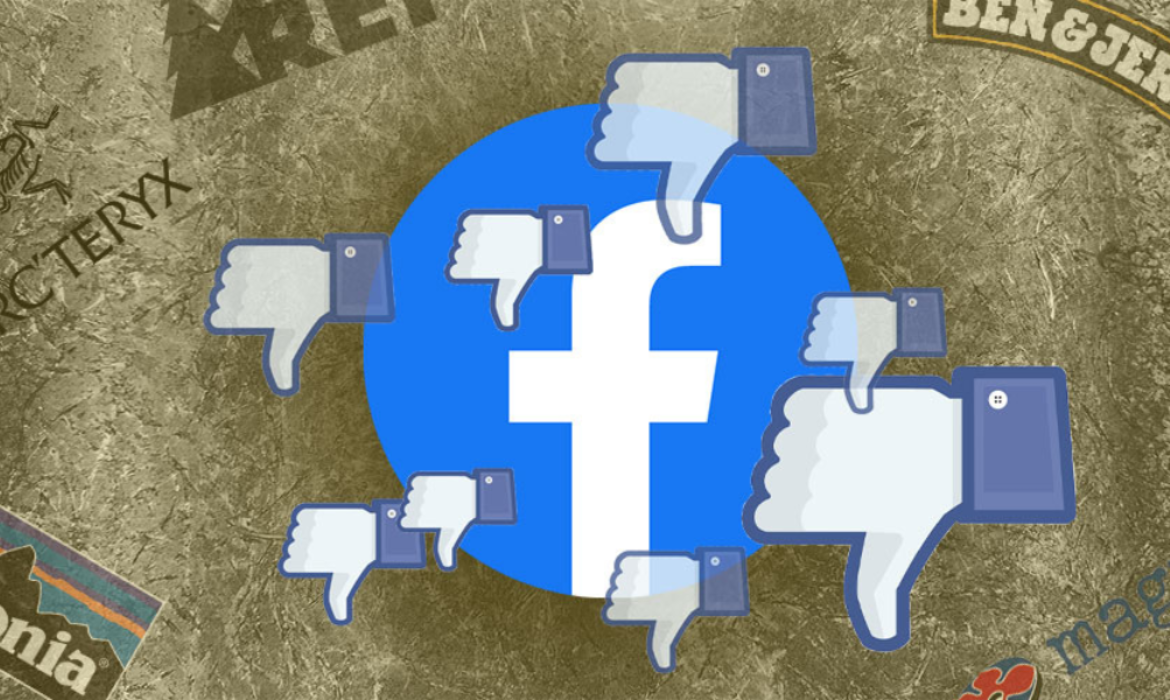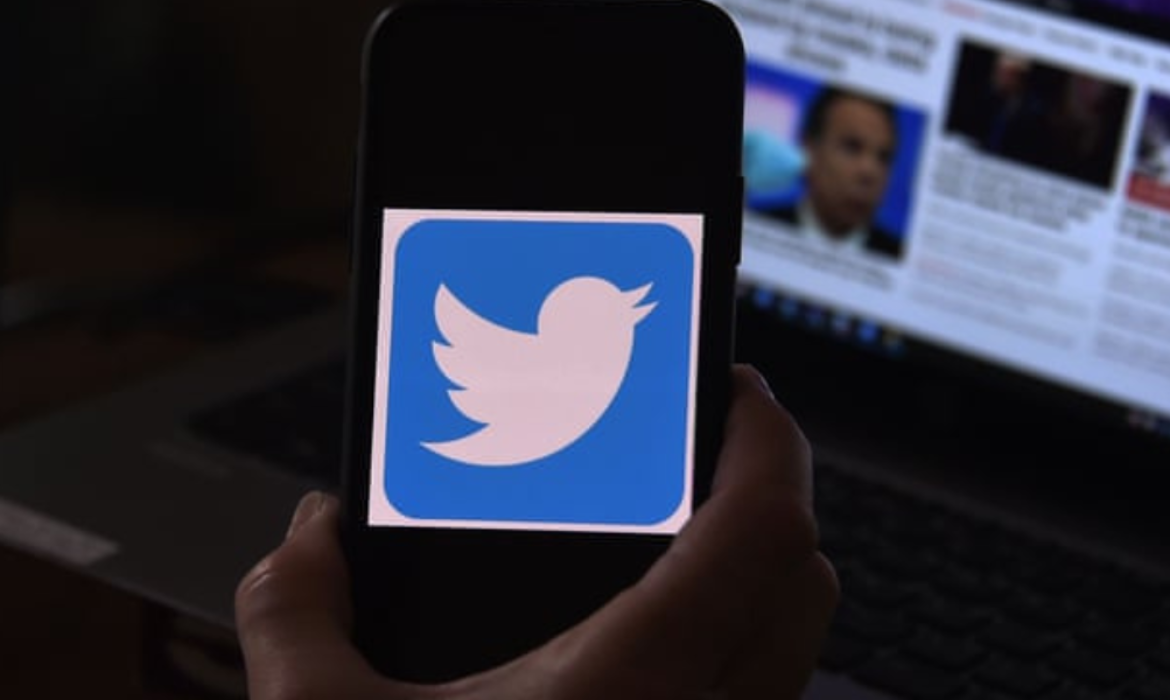Unilever to Follow Other Brands in Boycotting Facebook Advertising
Highlights:
- A growing number of brands are joining the protest #StopHateForProfit, a month-long boycott of Facebook Advertising initiated by civil rights groups in response to social media giant’s handling of hate speech and misinformation.
- More than 90 marketers have joined the protest and Unilever is the latest to join the list who has paused brand advertising on Facebook, Instagram, and Twitter in the U.S. for the rest of the year.
- Facebook and Twitter shares plunged more than 7% after Unilever’s announcement.
What started as a slow protest by advertisers pulling ads from Facebook has turned into a growing boycott of the social media platform over its weak stance on hate and misinformation. Facebook shares fell more than 7% after Unilever, one of the world’s largest advertisers, joined other brands to boycott ads on social media. Unilever will no more spend on Facebook properties for advertising this year.
Mark Zuckerberg loses $7 billion after a flurry of companies pulled advertising from Facebook. The Guardian has described it as Facebook’s “largest-ever advertiser boycott”.

Image Credit: Stop Hate For Profit.org
Background:
The campaign ‘Stop Hate For Profit’ is organized by many advocacy groups including the Anti-defamation league, NAACP, Colors of change to name a few. The campaign calls on all businesses to stop advertising on Facebook for July and demand that it tighten their content policies against hate speech and racism. It also calls for businesses to hit its main source of income- advertising, as it made $70 billion last year that accounts for nearly 99% of its total revenue.
Why It Matters:
The boycott has damaged Facebook’s reputation, and increased political pressure ahead of the election, however, it would make an insignificant difference on its bottom line given the size of the company.
Driving The News:
Here are brands that have committed to cease their Facebook spending and for a certain timeline.
– Unilever, for the rest of the year
Unilever is the latest advertiser to join the bandwagon to boycott ads on Facebook and Facebook-owned platform Instagram. It is also the first to extend the boycott to the rival platform Twitter. According to Pathmatics, an ad tracking firm, Unilever was 33rd biggest advertiser on Facebook spending over $2 million in the first three weeks of June alone. The company said in a statement,
“Continuing to advertise on these platforms at this time would not add value to people and society.”
– Verizon, through July month
The company told CNBC that it will pull out ads from all the Facebook services on June 25.
– Levi Strauss & Co., through at least end of July
The denim clothing company said June 26 in a statement,
“We want to see meaningful progress toward ending the amplification of misinformation and hate speech and better addressing of political advertisements and content that contributes to voter suppression.”
– American Honda, through July
The U.S auto brand said it would stop paid advertising for July on Facebook and Instagram. A spokesperson from the company said it will post organically on both platforms during this time. It also said, “This is in alignment with our company’s values, which are grounded in human respect.”
– Arc’teryx, through at least July
The Canadian clothing brand joining the campaign tweeted, “Facebook profits ‘will never be worth promoting hate, bigotry, racism, antisemitism & violence.’
We need a break @facebook. Effective immediately, we will be halting our global advertising with @Facebook & @Instagram until at least the end of July in support of the #stophateforprofit campaign & donating those dollars towards building more inclusive outdoors.
— Arc'teryx (@Arcteryx) June 23, 2020
– Ben & Jerry’s, through at least July
The company in support of the campaign tweeted that Facebook must take clear and unequivocal actions.
We will pause all paid advertising on Facebook and Instagram in the US in support of the #StopHateForProfit campaign. Facebook, Inc. must take the clear and unequivocal actions to stop its platform from being used to spread and amplify racism and hate. >>>https://t.co/7OpxtcbDGg pic.twitter.com/I989Uk9V3h
— Ben & Jerry's (@benandjerrys) June 23, 2020
– Diageo, beginning July 1
Spirits giant said on June 27 that it will pause paid advertising globally on all major social media platforms including Facebook, Instagram, and Twitter beginning July 1.
Diageo statement on social media advertising pause. pic.twitter.com/kRIsdFjgzk
— Diageo News (@Diageo_News) June 27, 2020
– Birchbox, through July month
The makeup company said in an Instagram post on June 26 that they pause all paid advertisements in support of the campaign.
https://www.instagram.com/p/CB6F4UmDBNN/?utm_source=ig_embed
– Coca-Cola, through late July
Coca-Cola said in a statement that it plans to pause advertising on all social media platforms for at least 30 days while it revisits its advertising policies. James Quincey, chairman, and CEO said, “We also expect greater accountability and transparency from our social media partners.”
However, it’s decision is not a part of the campaign.
– JanSport, Habitat for Humanity through July month
The backpack producer tweeted on Jun 27 that it will stop advertising for the month of July “to join the fight for stricter policies that keep racist, violent & hateful content from proliferating on these platforms.”
The global non-profit also joined the campaign and paused all paid advertising on Facebook services for July month in a Twitter post.
– Hershey, through July month and 1/3rd for rest of the year
The Hershey Company in a statement to USA Today,
“We do not believe that Facebook is effectively managing violent and divisive speech on their platform. Despite repeated assertions by Facebook to take action, we have not seen meaningful change.”
It will halt advertising for July and cut spending by one-third for the rest of the year on Facebook and Instagram.
– Rakuten Viber, indefinitely
The messaging service said on June 25 that it is severing all ties with Facebook as a part of the growing boycott. Chief executive, Djamel Agaoua, said the move to cut ties was due to Facebook’s “poor judgment in understanding its role in today’s world”. It will remove all Facebook properties including Giphy, GIF library, Facebook Connect, and Facebook SDK.
– Magnolia Pictures, Patagonia through at least end of July
The Hollywood Studio said in a Twitter post on June 23, it has chosen to stop advertising on Instagram and Facebook through at least the end of July. The clothing brand Patagonia also announced on Twitter that it will join the campaign.
– The North Face, REI, Upwork, Eddie Bauer through July
The North face became the biggest and first brand to join the campaign.
We’re in. We’re Out @Facebook #StopHateForProfit
Learn more: https://t.co/uAT7u7mjBG https://t.co/jVxTIH5ThQ
— The North Face (@thenorthface) June 19, 2020
According to the running list by Sleeping giants, more than 100 advertisers have followed the suit.
Major luminaries of the ad industry have also started reviewing their ad spend and begun to pull their dollars.
– Unilever rival and largest advertiser in the country Procter and Gamble has also threatened to pull ads if platforms didn’t take ‘appropriate systematic action’ to address the hate speech.

Image Credit: CNBC
– According to the Wall Street Journal, 360i, a digital-ad agency owned by global ad holding group Dentsu Group Inc. emailed its client to join the Facebook ad boycott.
What Is Their Next Course Of Action:
Facebook is taking a more hands-on approach as ads boycott grows. It would start labeling political speech that violates the rules, take measures to prevent voter suppression, and protect minorities.
A post violating rules but is from an important political figure, it will be marked as ‘newsworthy’. Facebook said it would expand policies around hate speech and prohibit hateful language in ads on the site.
The Big Picture:
The boycott reached its tipping point with the Black Lives Matter protests when Facebook refused to moderate the post from President Trump that many believed incited hate and violence against protesters.
Next question, is the ad boycott huge to make a dent on Facebook revenue? The impact is limited. Analysts say that the boycott is for a limited period ‘July’ and then many of the advertisers plan to return their ad dollars to Facebook because of its effectiveness. Facebook’s auctioned based system can fill the ad space quickly with marketing messages from other companies.
Our Thought Bubble:
Facebook is powerful and experienced to deal with the current situation. The brand boycott is more of a PR problem than any immediate threat to its revenue.
Brands participation is noteworthy but it’s a tiny fraction of the 8 million advertisers using Facebook advertising and it would be hard to get a huge coalition to boycott the brand for an extended period.
Bottom Line:
It would be interesting to wait and watch how Facebook addresses the brand’s concerns in the coming weeks in response to the mounting political and social pressure and reverse the damage to its reputation.
Learn more: How Donald Trump’s Executive Order Has Changed the Face of Social Media
Twitter Tests New Feature to Limit Sharing of Unread Articles
- Twitter announced that it will test a new feature that will prompt to encourage users to read an article before sharing.
- The new feature will only appear for U.S based Android devices for now.
- As per the Twitter Support team, the platform will only check if the user has clicked the article link on Twitter and not anywhere else on the internet.
- Twitter aims to empower healthy and informed public discussions with this new feature.
Twitter to experiment with a new feature that prompts users to read articles before sharing, is the latest effort to curb the spread of misinformation on the platform.
Sharing an article can spark conversation, so you may want to read it before you Tweet it.
To help promote informed discussion, we're testing a new prompt on Android –– when you Retweet an article that you haven't opened on Twitter, we may ask if you'd like to open it first.
— Support (@Support) June 10, 2020
Twitter product lead Kayvon Beykpour commented upon the announcement of the feature testing,
“It’s easy for links articles to go viral on Twitter. This can be powerful but sometimes dangerous, especially if people haven’t read the content they’re spreading. This feature (on Android for now) encourages people to read a linked article prior to retweeting it.”
This Is An Old Ongoing Problem
The problem of users sharing news based on headlines is not new. A 2016 study from computer scientists at Columbia University and Microsoft found that 59% – nearly two-thirds of links posted on Twitter by users are shared without opening the articles.
During the pandemic, the social media giant has issued many misinformation warnings to curb the spread of any fake news -that includes one against the U.S President Donald Trump. This move led to Trump issuing executive orders targeting social media companies.
Will It Impact The Bots?
Twitter has tried many times before to spot the spread of misinformation. Like Facebook and other social media platforms, it has come scrutiny for the content it promotes.
Twitter’s solution is not banning retweets but tries to nudge the users to rethink their actions on the social network. Recently, in May it launched a feature that allowed users to limit who can reply to their tweets. It also rolled out another feature to hide specific replies to tweets.
However, the main problem is ‘bots’. According to a paper published in AAAI, “Increasing evidence suggests that a growing amount of social media content is generated by autonomous entities known as social bots.”
For instance, recently, new research reported that roughly half of the twitter accounts that discussed ‘Reopen America’ were bots. The AAAI paper also estimated that between 9%-15% of active Twitter accounts exhibit social bots behavior – nearly 49.5 million of its 330 million users. This new feature will impact the bots and might make it difficult to retweet any content.



